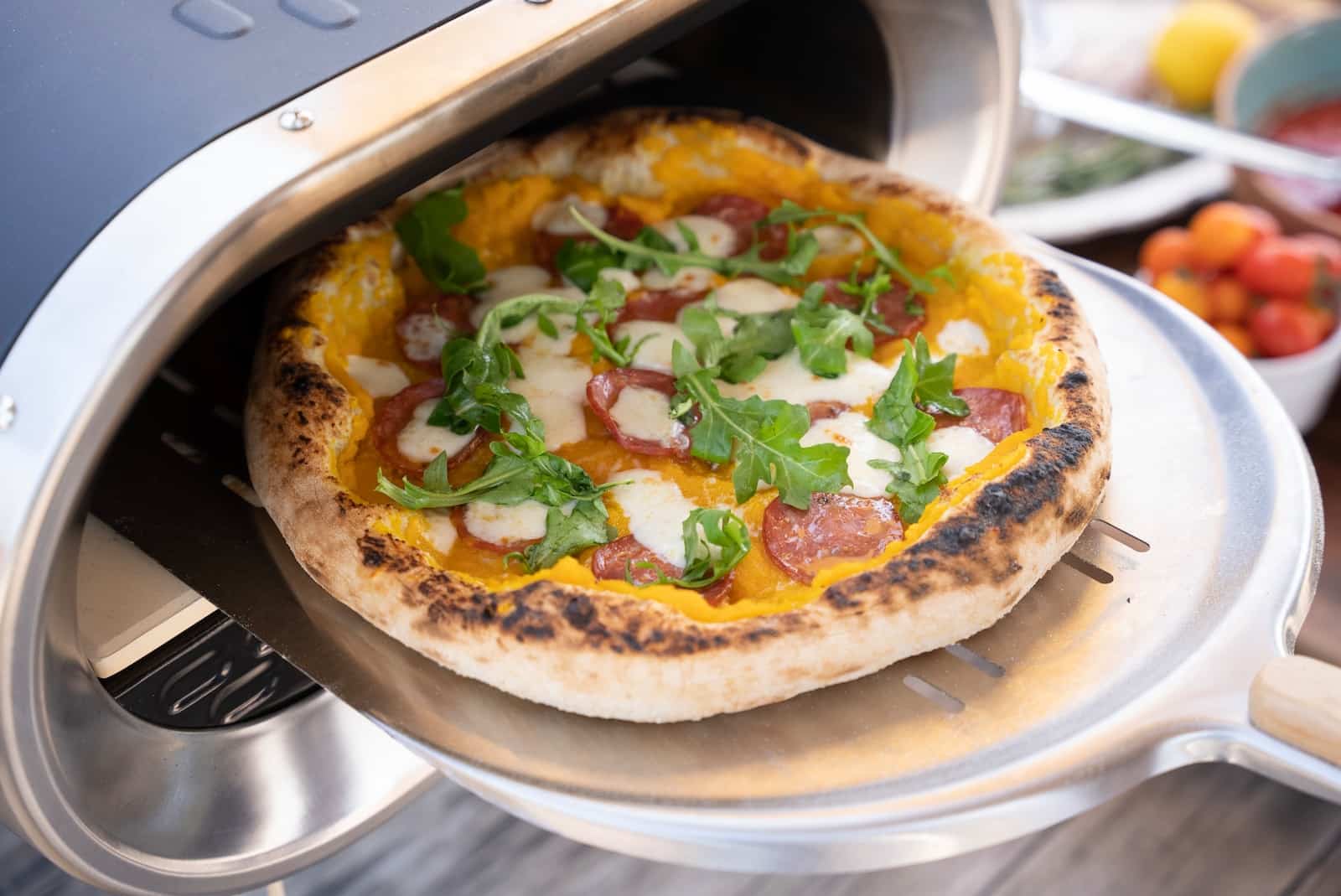The art of vegan baking: delicious and dairy-free

Embracing a vegan lifestyle doesn’t mean you have to bid farewell to the sweetness and pleasure of baked goods. From delectable cakes to mouthwatering cookies, there’s a whole world of dairy-free and egg-free baking for you to explore. Let’s delve into the art of vegan baking, discover some unique ingredients, and learn more about some indulgent recipes that will make your taste buds dance.
Substituting Dairy in Vegan Baking
In traditional baking, dairy products play a significant role. They contribute to the texture, moisture, and flavor of the baked good. However, when it comes to vegan baking, these dairy products like milk, butter, and cream, are replaced with dairy-free alternatives. Let’s look at some popular dairy substitutes you can use in your vegan baking.
A lire aussi : What are the tricks to a perfect grilled cheese?
Almond Milk and Other Nut Milks
Dairy milk can be seamlessly replaced with any plant-based milk in your baking recipes. Almond milk, for instance, is a popular choice thanks to its light and slightly nutty flavor. Other plant-based milks like soy milk, oat milk, or coconut milk can also be used, each bringing a unique flavor profile to your baked goods.
Coconut Cream
Coconut cream is a fantastic substitute for traditional cream in baking. It is thick, creamy, and has a delectable sweetness that lends itself perfectly to a variety of cakes and pastries. Coconut cream can also be whipped, much like dairy cream, making it a versatile ingredient in vegan baking.
A lire en complément : Slow cooker success: set it and forget it recipes
Vegan Butter
Butter in baking is often responsible for the soft, tender crumb we love in our cakes and cookies. Vegan butters are available which mimic the properties of dairy butter quite well. They can be used in the same quantity as you would use regular butter in a recipe.
Replacing Eggs in Vegan Recipes
Eggs play a crucial role in traditional baking. They provide structure, moisture, and leavening. However, there are several vegan-friendly alternatives that can fulfill the same functions. Let’s explore these egg substitutes in vegan baking.
Flaxseeds and Chia Seeds
When mixed with water, flaxseeds and chia seeds create a gel-like mixture that can mimic the binding property of eggs. These are great for recipes where eggs are used as a binder, such as cookies and brownies.
Unsweetened Applesauce
Applesauce is a great egg substitute when you need to add moisture to your recipes. It’s perfect for cakes and muffins. Be aware, however, that it can make your baked goods a bit denser than eggs would.
Baking Soda and Vinegar
For recipes that need eggs primarily for leavening, a mixture of baking soda and vinegar can do the trick. The reaction between these two creates bubbles that help the dough or batter rise.
Vegan Chocolate Baking
Who doesn’t love a bit of chocolate in their baked goods? Fortunately, vegan baking doesn’t mean you have to give up on your chocolate cravings. Let’s discuss how you can continue to enjoy chocolate in your vegan baking adventures.
Chocolate, like many other ingredients in baking, usually contains dairy. However, there are many brands out there that offer vegan chocolate. These chocolates are made without any dairy products, making them perfectly suitable for vegan baking.
From chocolate cakes to chocolate chip cookies, you can incorporate vegan chocolate into a myriad of recipes. You can also play with different forms of chocolate – bars, chips, or even cocoa powder.
Delicious Vegan Baking Recipes
Now that we have a good understanding of the key substitutions in vegan baking, let’s look at a couple of recipes that you may want to try. These recipes are not only vegan but also incredibly delicious.
Vegan Chocolate Cake
A moist, fluffy chocolate cake is a crowd-pleaser, and this vegan version is no less. For this recipe, you’ll need vegan chocolate, almond milk, apple cider vinegar, flour, sugar, cocoa powder, baking soda, and vegan butter. The result is a luscious and rich cake that you’d never guess is dairy-free and egg-free.
Vegan Coconut Cream Pie
This Coconut cream pie is a dream come true for coconut lovers. The crust is made from a combination of vegan butter, flour, and a bit of sugar. The filling involves coconut cream, sugar, cornstarch for thickening, and shredded coconut for that extra coconutty flavor. Top it with some whipped coconut cream, and you have a dessert that’s sure to impress.
Vegan Baking Tips and Tricks
Baking, in general, is a science, and vegan baking is no different. Here are some tips and tricks that can help you master the art of vegan baking:
- Always sift your dry ingredients. This will make your cakes and muffins much lighter.
- When making substitutions, remember that every ingredient has a function. Make sure you understand why it’s in the recipe and what property it brings.
- Don’t overmix your batter. This can lead to tough and dense baked goods.
Vegan baking doesn’t have to be complicated or intimidating. With the right ingredients and techniques, you can create delicious, dairy-free baked goods that everyone will enjoy. So, go ahead and let your creativity flow in the kitchen. Happy baking!
Gluten-Free Vegan Baking
If you are not only vegan but also follow a gluten-free diet, you might wonder if you can still enjoy the wide spectrum of baked goods. The answer is a resounding yes! Along with an assortment of dairy substitutes, there is a wide variety of gluten-free flours you can use in your vegan baking.
The most commonly used gluten-free flours are rice flour, almond flour, oat flour, and coconut flour. Each of these flours brings a unique texture and flavor to your dishes. For instance, almond flour and coconut flour add a hint of their distinctive tastes to your dishes, whereas rice flour and oat flour are more neutral.
It’s essential to note that gluten-free flours don’t behave the same way wheat flour does. Gluten, a protein found in wheat, acts as a sort of glue in baking, providing elasticity and structure. You can mimic these properties using xanthan gum or guar gum, which are often added to gluten-free flours.
Vegan butter and coconut oil can be used as a fat source in gluten-free vegan baking. Both offer the richness that’s often missing in gluten-free baked goods. Coconut milk, almond milk, or any other plant-based milk can also be used.
From a gluten-free vegan cake to pastries, cookies, and bread, you can bake a whole slew of gluten-free and vegan goodies with just a bit of creativity and experimentation.
Vegan Sugar Substitutes
Refined white sugar, which is typically used in baking, is often processed with bone char, a product derived from animals, making it non-vegan. Fortunately, there are plenty of vegan-friendly sweeteners that you can use in your vegan baking.
Raw cane sugar, coconut sugar, maple syrup, and agave nectar are all excellent vegan alternatives to white sugar. These sweeteners not only make your baked goods vegan-friendly but also add a unique depth of flavor to them.
Conclusion: Embrace the World of Vegan Baking
Vegan baking is an exciting and rewarding adventure. Whether you’re completely new to the kitchen or a veteran baker, there’s always something new to learn and experiment with. From discovering a variety of dairy-free and egg-free substitutes to exploring the world of gluten-free flours, vegan baking is a journey filled with creativity and delicious treats.
And don’t forget, vegan baking is not only about the ingredients. It’s also about understanding the role of these ingredients in your recipes and how they interact with each other. Experimenting with different combinations of these alternatives can lead to a delightful array of unique and tasty creations.
Most importantly, vegan baking is about enjoying the process. So, get into your kitchen, roll up your sleeves, and start baking. From a vegan chocolate cake to a gluten-free bread or a coconut cream pie, the possibilities are endless. So, embark on your vegan baking journey and create beautiful, mouthwatering, and compassionate baked goods that will make everyone’s taste buds dance. Happy vegan baking!
